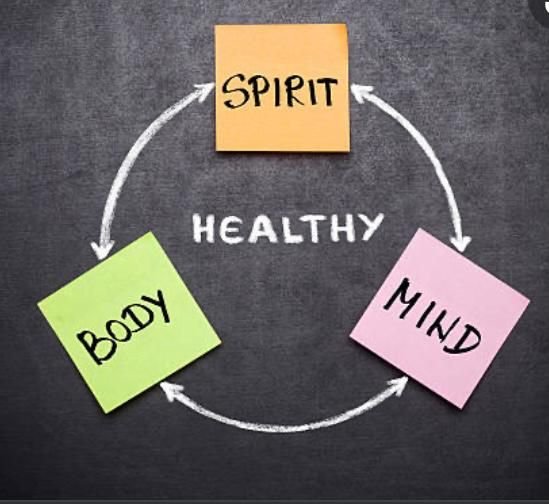
As a Psychotherapist I have often had to work with PAIN. As we all know, pain can be generated by a physical or psychological state, and neither should be minimised or underestimated!
However, what really caught my attention is the relationship between physical pain and the development of mental health conditions such as depression, anxiety, and self-esteem related issues.
Pain that is lasting beyond the usual course of 3 to 6 months, and negatively affect a person’s well-being is called CHRONIC PAIN. Chronic pain is often associated with mental health conditions. If we take in consideration pain which can lead to limitation of movement, impairment of the joints and so on, it is natural to understand how this restriction may reduce a person’s ability to complete daily activities and keep people from participating in social events.
The frustration with the inability to meet life’s demands and isolation, may promote the development of mental health conditions like depression, as living with daily pain is physically and emotionally intense.
In time, such persistent pain can lead to chronic stress, which has a direct impact on the levels of stress hormones and neurochemicals found within your brain and nervous system; these can affect your mood, the way you think and therefore the way you behave.
Chronic pain can limit and restrict your everyday life by affecting the ability to function at home and work, and to socialize with others. People that are suffering of prolonged pain have the tendency to isolate and are commonly experiencing sleep disturbances, fatigue, trouble concentrating, decreased appetite, and mood changes. These negative changes in your lifestyle can increase your pain and diminish your overall mood.
Research shows that those with chronic pain are four times more likely to experience depression or anxiety than those who are pain-free.
Arthritis for example is an inflammation of one or more of your joints, which can cause disabling pain. There are more than 100 different forms of arthritis, one of which is called Osteoarthritis (protective cartilage inside the joint breaks down) which makes movement more difficult and painful throughout time, bones of the joint may rub directly together, and causes severe pain.
Osteoarthritis can also affect any joint and cause joint deformity and so, chronic disability which can affect your functionality and therefore your everyday life.
An example of how chronic pain can shape one's life is by negatively impacting a person's self-esteem due to overwhelming feelings of inadequacy. The destructive impact can of course also shape your personal relationships and the way you perceive yourself.
Based on my observation of my clients that were experiencing chronic pain I noticed that once they were able to verbalise their pain it often led to them adopting new helpful coping techniques and responses that improved their quality of life.
Over the course of the therapeutic intervention, I could monitor the improvement of the clients' responses to pain and self-esteem whilst receiving psychological support.
I begin by recognizing throughout these years by working side to side with people, that our minds and bodies are one unit, and pain will register as pain regardless of whether it is physical or emotional. Maintaining a positive mindset and lowering stress levels can help you to reduce the perception of your pain.
If you are going through chronic pain and what you are reading here is resembling with your current situation and therefore have resulted in experiencing feelings of depression, anxiety, isolation or self-esteem related issues, please do not hesitate to get in touch!
You don’t have to do this alone! Together, we can explore and find different ways to cop cope better with pain and therefore, to improve the quality of your life by feeling supported every step of your journey.
MBACP Melania Leanza www.melanialeanzacounsellingsw9.com!